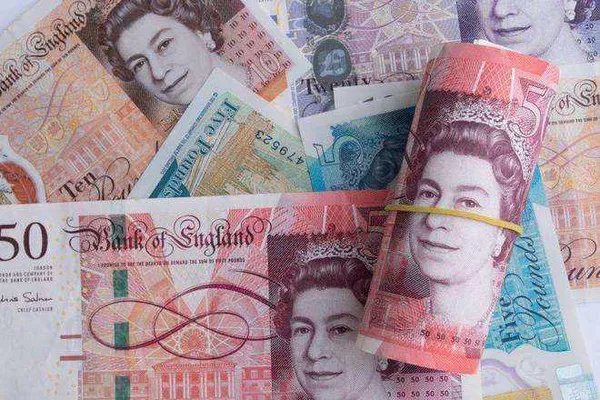The British Pound (GBP) to Nigerian Naira (NGN) exchange rate refers to the value of one British pound sterling in terms of Nigerian naira. It is the price at which the two currencies are traded in the foreign exchange market.
Exchange rates determine the relative value of one currency compared to another and are influenced by various economic, political, and social factors. Fluctuations in exchange rates can have significant impacts on trade, investment, and overall economic growth.
Historical context
The history of the British Pound to Naira exchange rate dates back to the early 20th century when Nigeria was a British colony. During that time, the British pound was the official currency of Nigeria. After Nigeria gained independence in 1960, it introduced its own national currency, the Nigerian pound, which was pegged to the British pound at par.
However, due to various economic challenges, such as inflation and low foreign reserves, the Nigerian government was forced to devalue the Nigerian pound against the British pound in the 1970s. This led to the eventual replacement of the Nigerian pound with the Nigerian naira in 1973, which remains the country’s official currency to date.
Factors influencing the exchange rate
The British Pound to Naira exchange rate is influenced by a variety of factors, including:
-
Economic factors:
The strength of the UK and Nigerian economies, inflation rates, interest rates, and monetary policies all affect the exchange rate between the two currencies. When the UK economy is performing well, demand for the pound increases, resulting in a stronger pound. Similarly, when the Nigerian economy is strong, demand for the naira increases, leading to a stronger naira.
-
Political factors:
Political stability and unrest can also impact the exchange rate. Political stability often leads to increased investor confidence, which can result in higher demand for a currency. On the other hand, political unrest can lead to a decrease in demand for a currency, resulting in a weaker exchange rate.
-
Geopolitical factors:
Global events such as trade wars, geopolitical tensions, and natural disasters can also impact the exchange rate between the pound and naira. These events can affect global trade and investment, leading to changes in demand for currencies.
-
Exchange rate regime:
Nigeria operates a managed float exchange rate regime, which means that the Central Bank of Nigeria (CBN) monitors the exchange rate and intervenes when necessary to maintain stability. The UK operates with a floating exchange rate regime, where the value of the pound is determined by market forces.
Current exchange rate
As of May 29th, 2023, the British Pound to Nigerian Naira exchange rate stands at approximately 550 NGN to 1 GBP. This represents a significant decline in the value of the naira compared to historical levels. In the early 2000s, the naira was trading at around 150 NGN to 1 GBP, but it has since experienced significant depreciation against major currencies due to various economic challenges.
The naira has been affected by factors such as inflation, low foreign reserves, and a decline in oil prices, which is Nigeria’s largest source of foreign exchange earnings. The COVID-19 pandemic also had a significant impact on the Nigerian economy and its currency.
The British pound, on the other hand, has experienced some volatility due to Brexit-related uncertainties. However, it has remained relatively strong compared to the naira due to its status as a major reserve currency and the strength of the UK economy.
Conclusion
In conclusion, the British Pound to Naira exchange rate is an important metric that reflects the relative value of the two currencies. It is influenced by various economic, political, and social factors, and fluctuations in the exchange rate can have significant impacts on trade, investment, and overall economic growth.
The current exchange rate highlights the challenges faced by the Nigerian economy, while also underscoring the strength of the UK economy. As Nigeria works towards addressing its economic challenges and diversifying its sources of foreign exchange earnings, there is hope that the naira will regain some of its lost value in the future.


